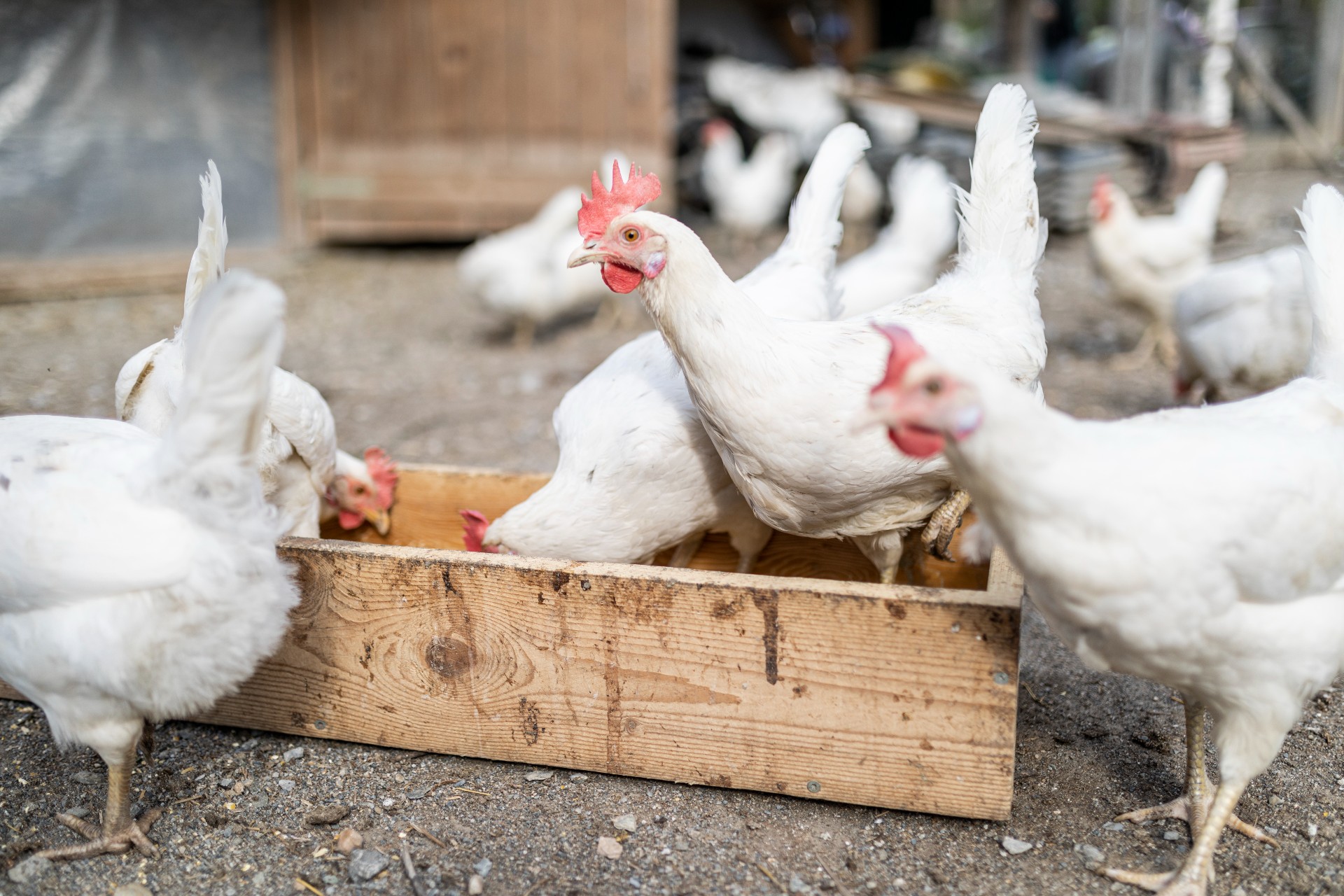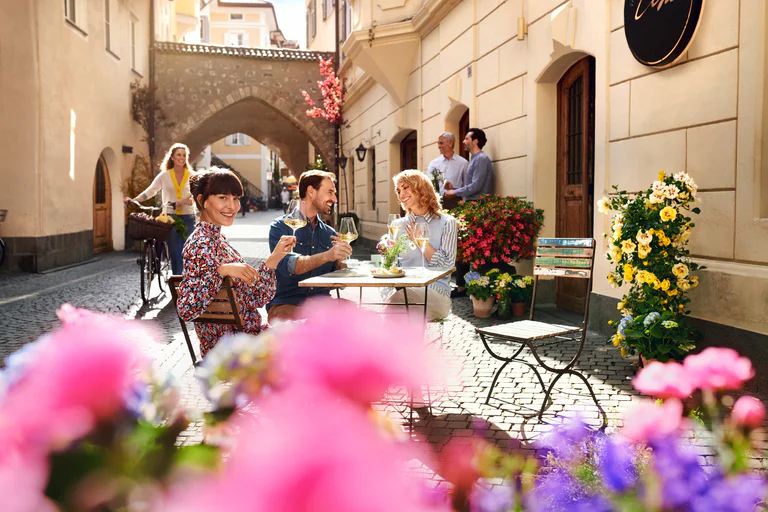The downshifter
Having originally trained as a joiner and salesman, Philipp Thoma now keeps chickens on the steep Nördersberg mountainside. Does he ever fancy going back to the big city? Never.
Philipp actually grew up in Prad/Prato, down on the valley floor. And he had no idea either that he would one day end up at an isolated farm right at the top, overlooking Tschengls/Cengles and the Obervinschgau valley.


